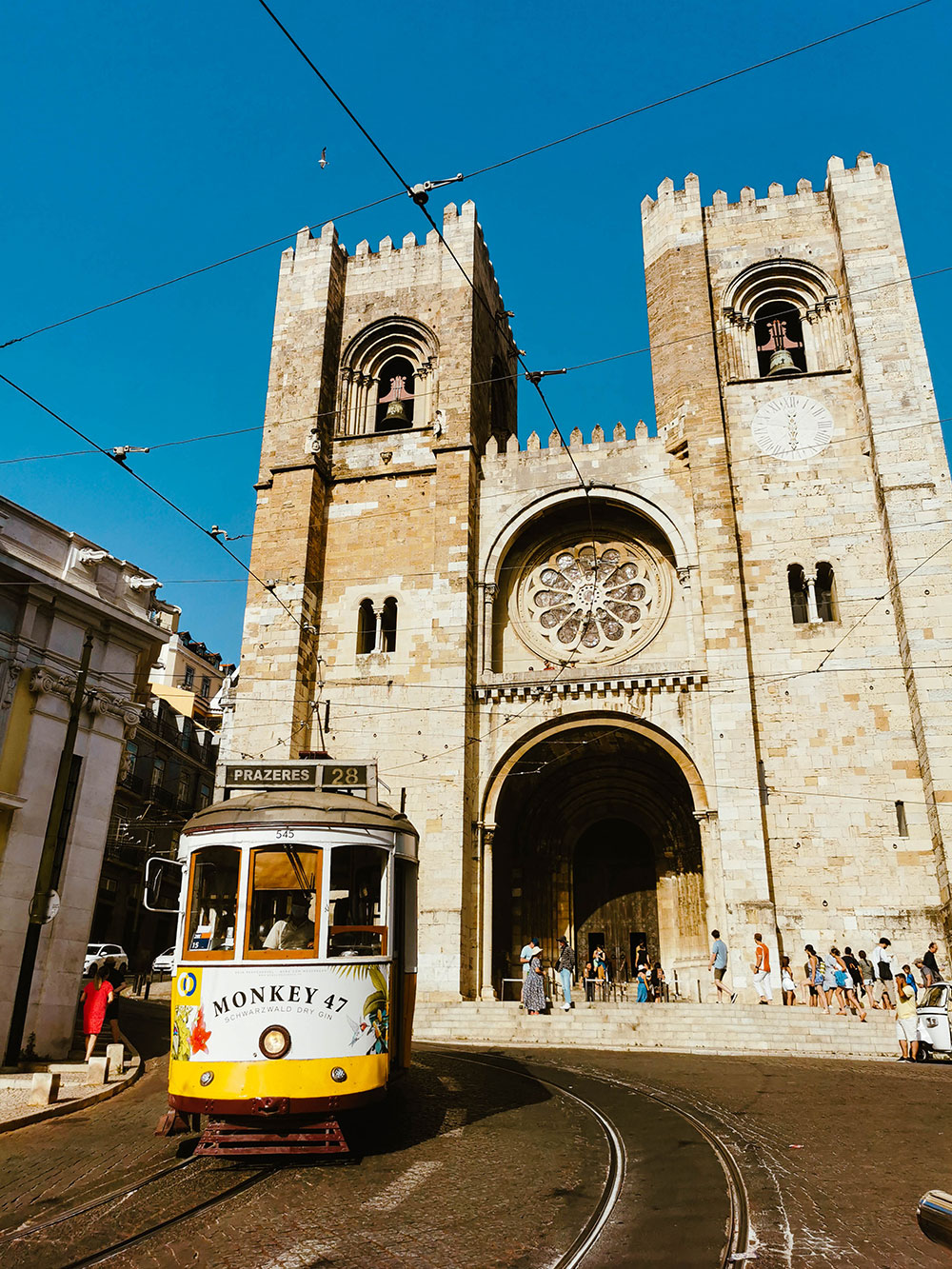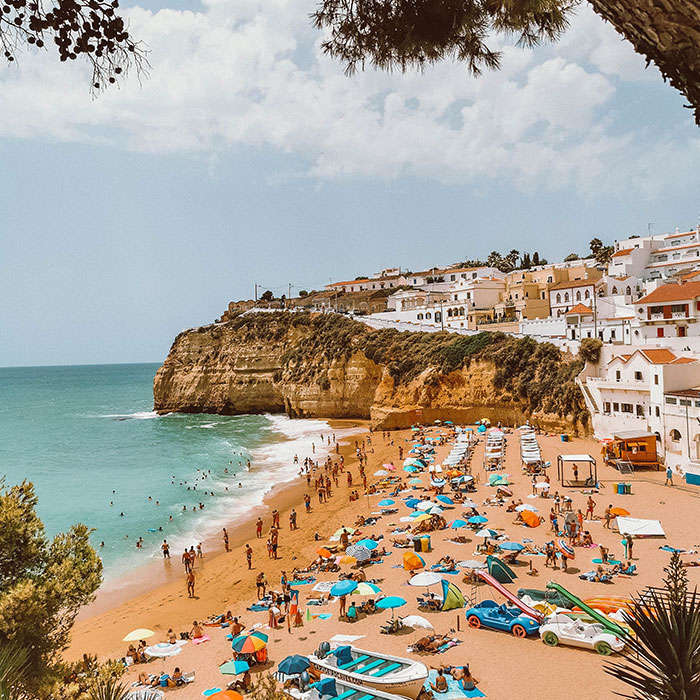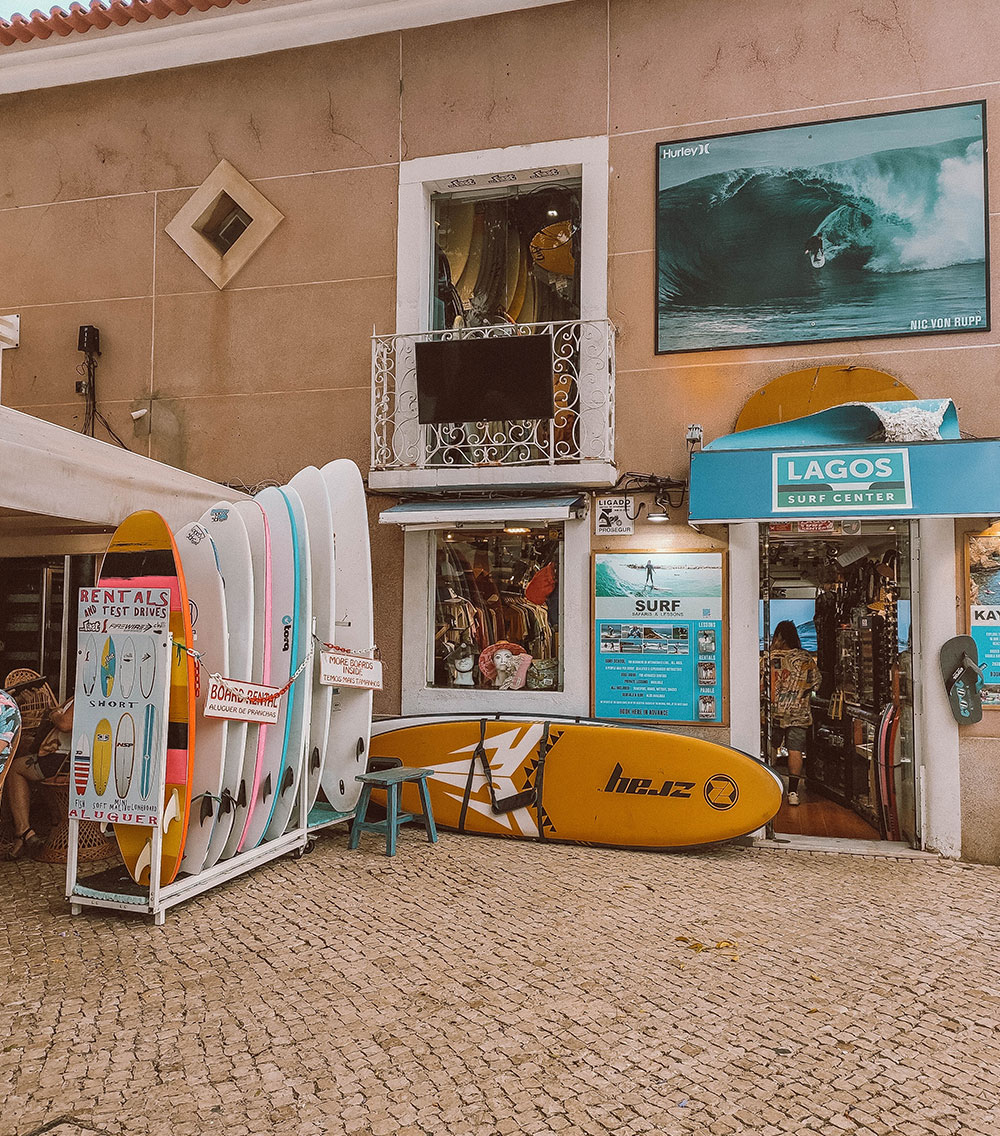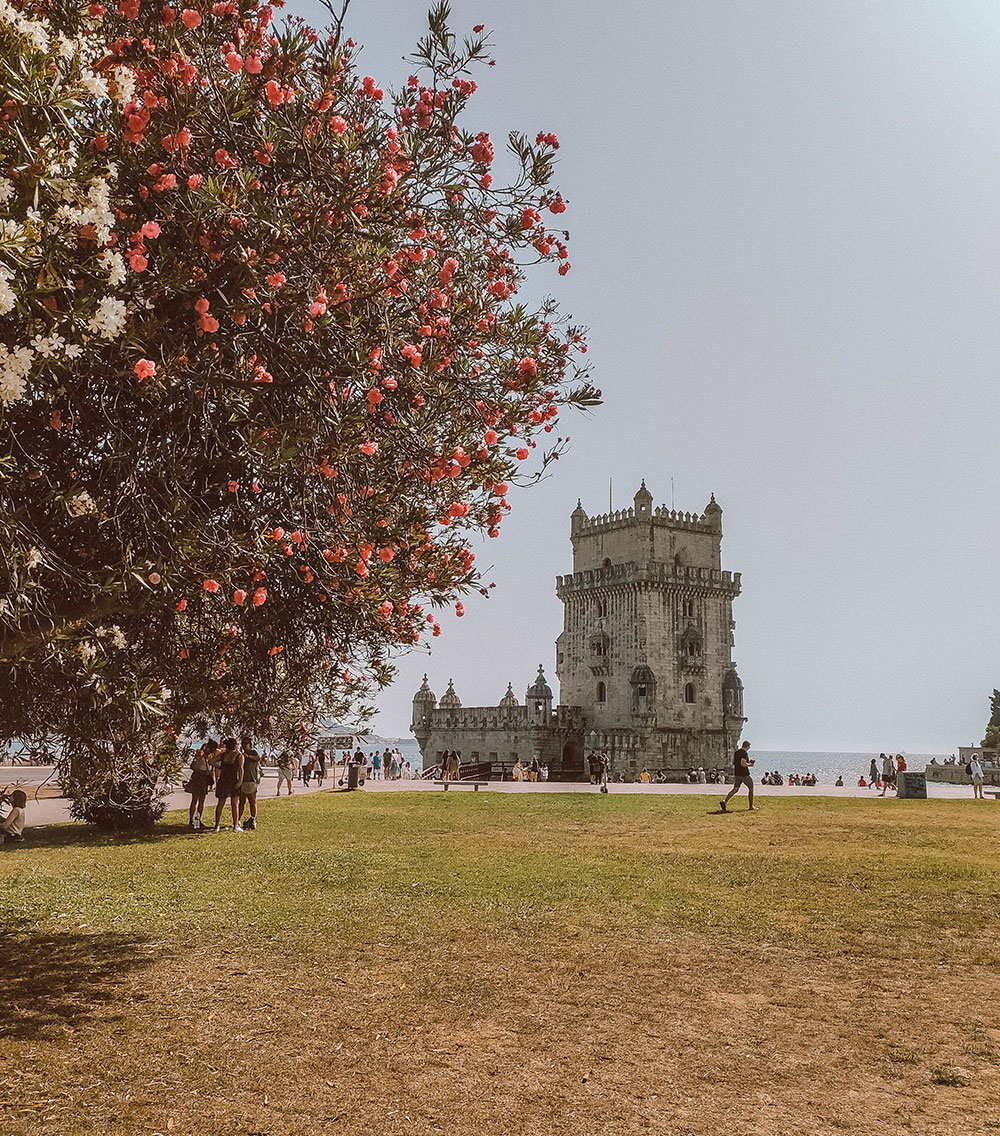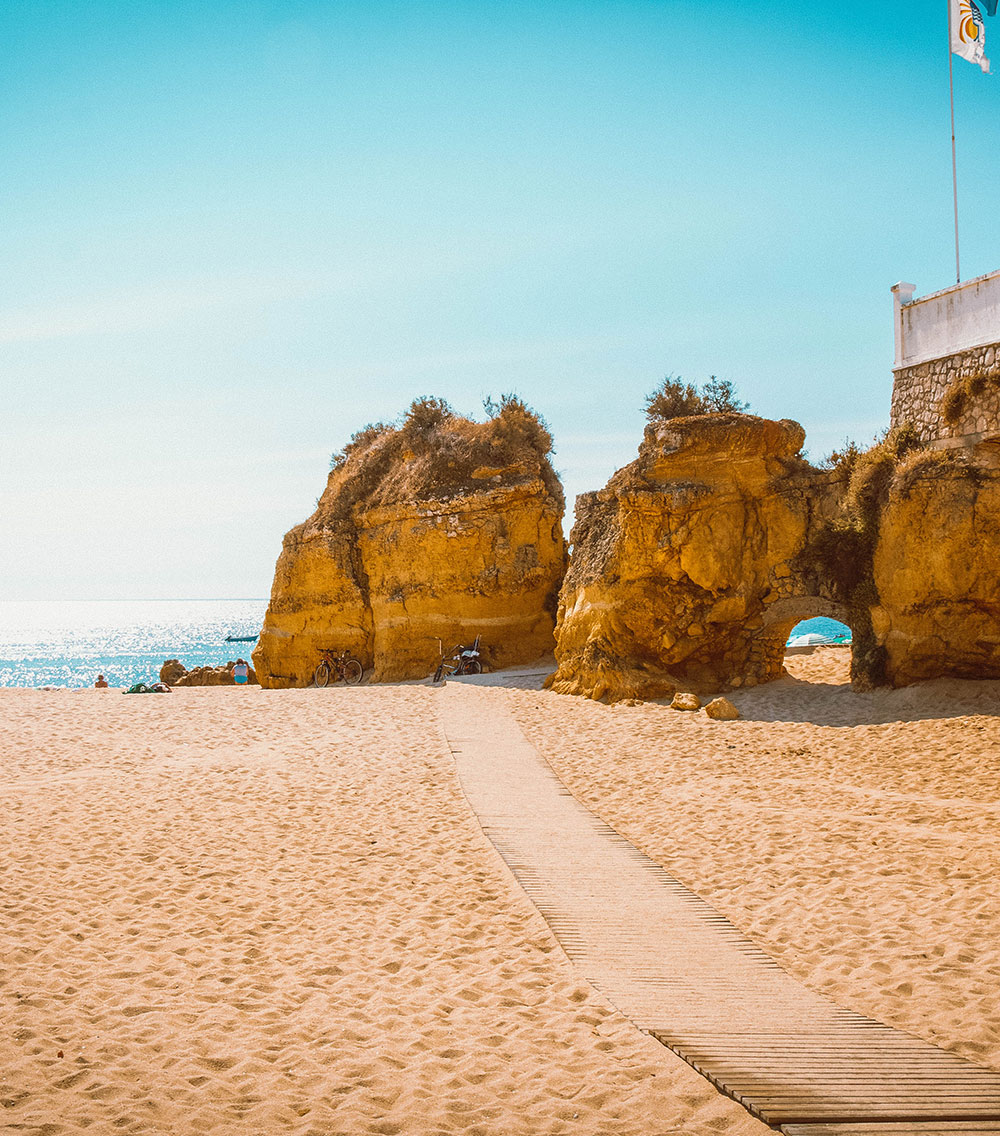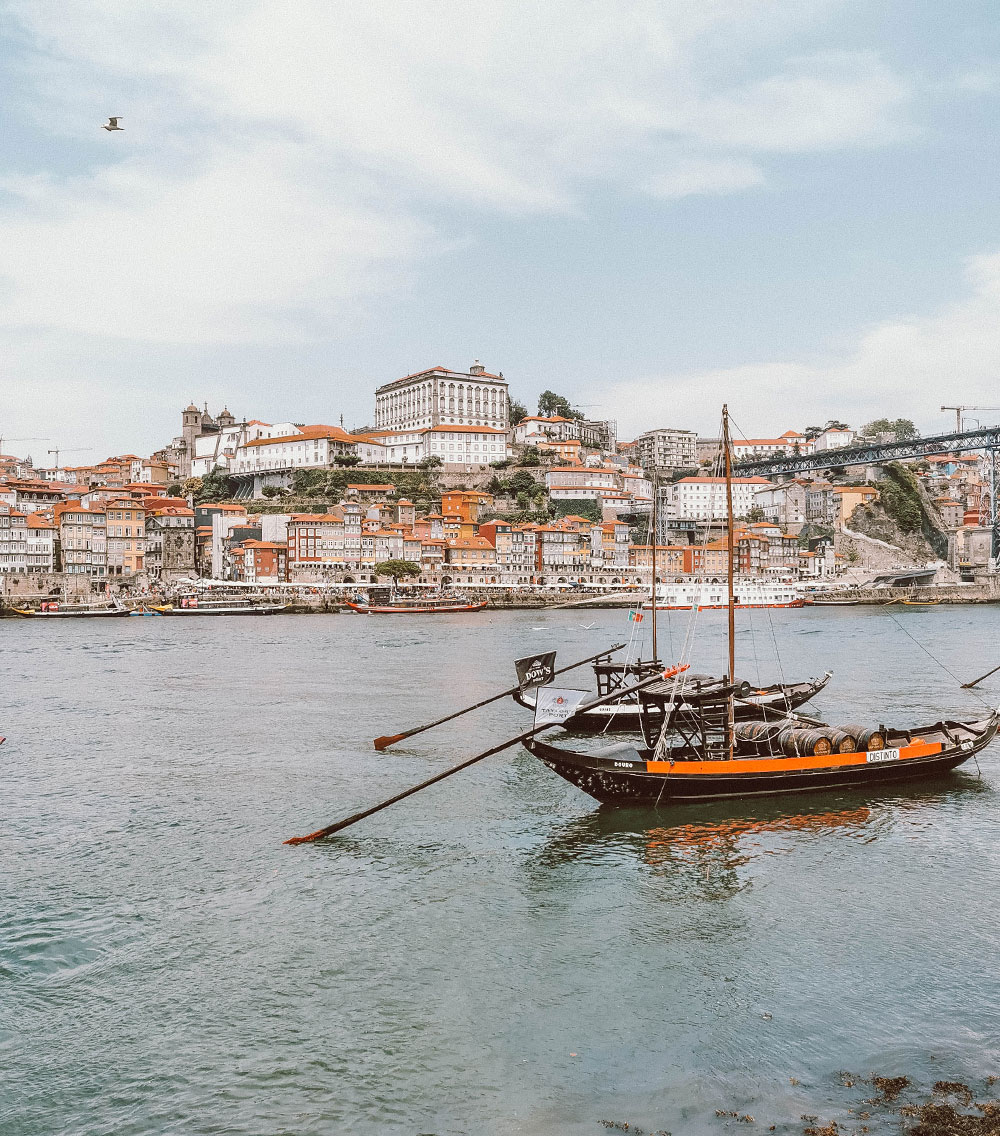How to Get There
By Airplane
Portugal is well-connected internationally with several major airports. Lisbon Portela Airport (LIS) is the busiest and is a hub for flights from Europe, North America, and beyond. Other airports include Porto Airport (OPO) in the north and Faro Airport (FAO) in the Algarve. Budget airlines like Ryanair, easyJet, and TAP Air Portugal offer frequent and affordable flights within Europe.
By Train
International train services connect Portugal with Spain, including the popular Lusitania night train between Lisbon and Madrid.
By Bus
Long-distance bus companies, such as FlixBus and ALSA, connect Portugal with neighboring countries like Spain and France.
By Car
Driving into Portugal from Spain is straightforward, with well-maintained roads and scenic routes. Make sure to check toll road regulations and carry a valid international driving permit if required.
How to Get Around
Trains
Portugal’s rail network, operated by Comboios de Portugal (CP), connects major cities like Lisbon, Porto, Coimbra, and Faro. Alfa Pendular trains offer fast and comfortable travel between major hubs, while regional trains connect smaller towns.
Buses
Buses are an extensive and affordable way to explore Portugal. Operators like Rede Expressos and EVA Transportes provide reliable services between cities and regions.
Driving
Renting a car is perfect for exploring rural areas and the Algarve’s beaches. Roads are generally well-maintained, but toll roads are common, so consider renting an electronic toll pass with your vehicle.
Taxis
Taxis are widely available, especially in cities. Rideshare apps like Uber and Bolt operate in major urban areas and are often more affordable.
City Transport
Lisbon and Porto have excellent public transport systems, including metros, trams, and buses. The iconic Lisbon trams and the Porto metro are efficient and scenic ways to get around.
SIM Card Options
Local SIM cards are widely available at airports, convenience stores, and mobile shops.
- MEO: Good nationwide coverage with competitive plans for data and calls.
- Vodafone Portugal: Reliable coverage and data-heavy plans with EU roaming included.
- NOS: Affordable options with excellent urban network coverage.
- Lycamobile: Budget-friendly with international call options.
eSIM Card Options
- Airalo: Offers eSIM plans for Portugal with various data options and no need for a physical SIM.
- Holafly: Provides unlimited data eSIMs for short-term trips in Portugal.
- Nomad: Flexible eSIM plans with regional and global options.


